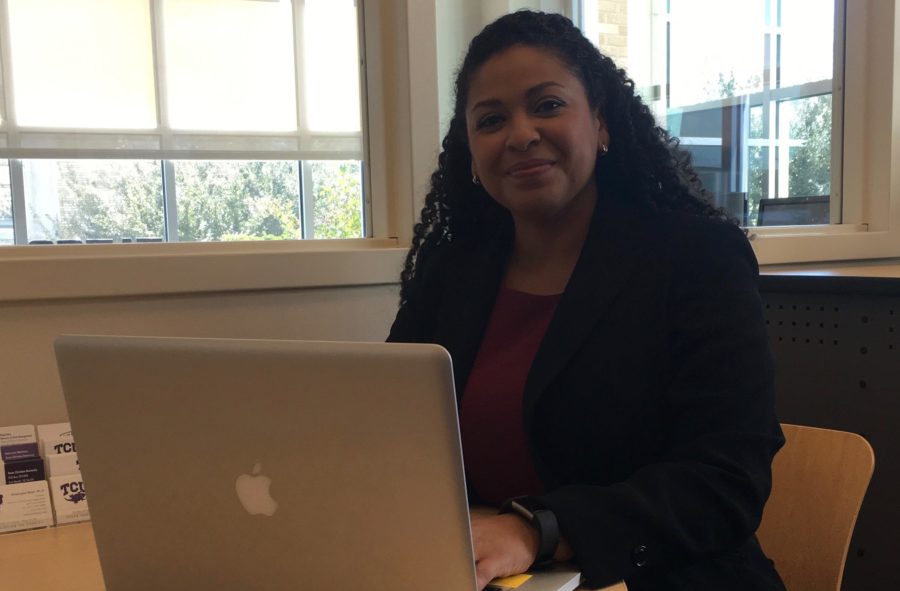A roommate fight. A co-worker spat. A dispute with a professor. These are just some of the situations that TCU’s Intentional Dialogue program can help students navigate. “Intentional Dialogue is really about teaching all of our participants about how to engage in meaningful dialogue across difference to build understanding and community,” said Intentional Dialogue committee chair and facilitator Ebony Rose. The program started in the Spring of 2016 to help target issues with student unrest and lack of social discourse in residence halls. But Rose said it has grown into benefitting the campus community as a whole. “The work itself is universally important, so there is no one who can’t benefit from being a part of it,” she said. Rose also said the program is a “homegrown initiative,” designed specifically for the TCU community. Different student leadership organizations like Orientation leaders, Frog Camp directors, resident assistants and the Student Government Association have received the training, along with several faculty and staff members. “I was pleased with how tangible and relevant the program was, and how direct it was in explaining the ideas and tenets of dialogue,” said Chancellor’s Leadership Program member Jacob Buttry. Orientation leader Clare McGrady also said the program was beneficial. “I learned better ways to set up a conversation,” she said. “Like how to properly face someone and generate questions that don’t hold any perceived judgment.” Both Buttry and McGrady received the training as members of leadership organizations. For students of the general population, it’s more difficult for them to get direct access to the training. “Our goal is to eventually offer it on a more consistent basis where students could just sign up more continually, but we’re just not at that point yet,” Rose said. Due to limited faculty, a particular training session requires at least eight people. Rose said she eventually wanted the program to reach every first year student and incoming faculty member. She said she hopes this would benefit incoming members of the TCU population to “understand what it looks like to come into a community that appreciates different ideas and identities and gives you the tools to how to engage in that space.” For now, the program will continue to grow. “Regardless of how the campus climate, or structure, or numbers or any of that moves or shifts, the need to be trained to speak with your community will never go away,” Rose said.
Categories:
Intentional Dialogue program aims to help students handle conflict
Published Nov 21, 2017
More to Discover







